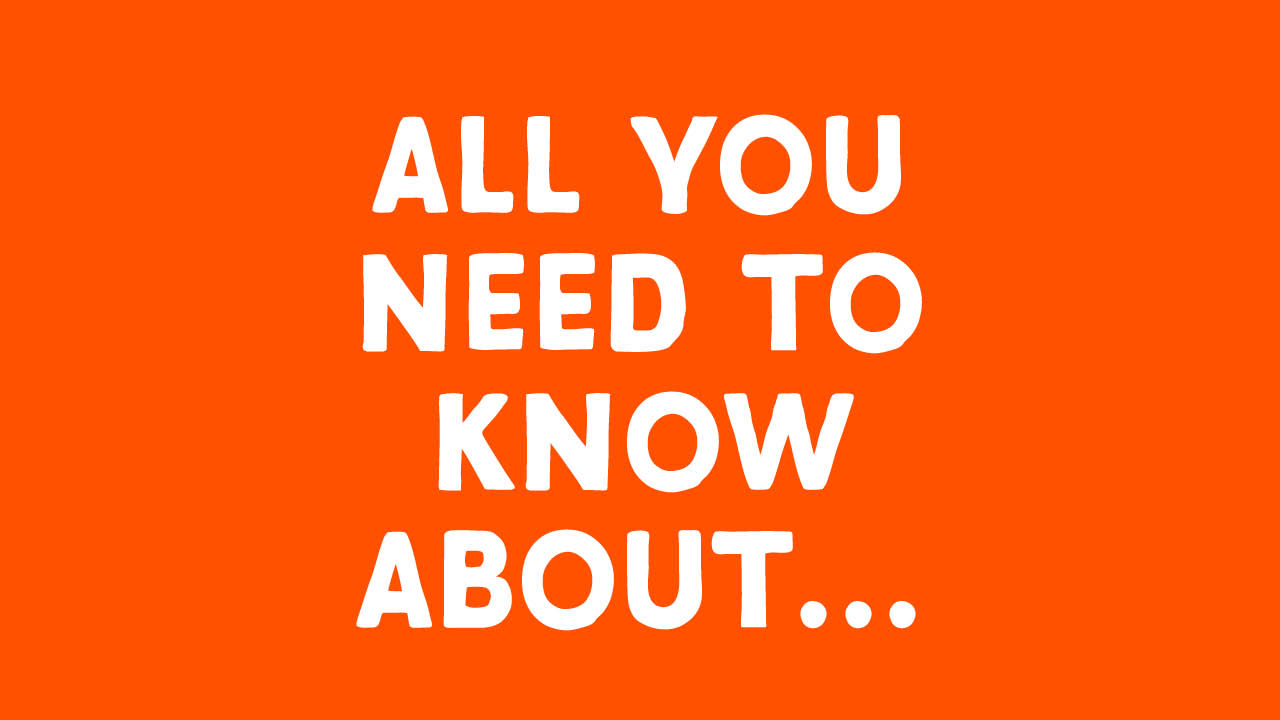An important indicator of your cat’s health and happiness is their appetite. Changes in eating or drinking habits can be a sign that something isn’t quite right. Obviously, if a cat stops drinking, this should be considered an emergency. But if your cat has a poor appetite and doesn’t eat for more than a day or two, they should be seen by a veterinarian sooner rather than later. Cats that go without nutrition for too long can develop serious complications, such as hepatic lipidosis. In this article, we’ll take a closer look at some of the common reasons why cats may stop eating, from medical issues to emotional stress.
Dental Problems
One of the reasons your cat’s eating and drinking habits might change is due to dental problems. Issues such as gingivitis and periodontitis can make eating uncomfortable or even painful. When a cat experiences pain while eating, they will try to avoid it. A common sign of dental problems is that they may start chewing on one specific side due to the discomfort. Other indicators include drooling, a bad odour from the mouth, and bleeding in the mouth. There are some steps you can take to help prevent dental problems, such as staying on top of your cat’s oral hygiene.
Illness
When a cat is feeling unwell due to an illness, one of the signs often seen is a change in their eating and drinking habits. A common illness that affects eating habits is an upper respiratory infection. Symptoms of upper respiratory infections include sneezing and runny eyes and nose. These symptoms can affect your cat’s sense of smell, making them more reluctant to eat.
Many other illnesses can also affect your cat’s appetite, such as gastrointestinal issues such as an internal obstruction due to ingesting a foreign body, congestive heart failure, diabetes, cancer, pancreatitis, constipation, and kidney disease.
Any illness that makes your cat feel nauseous can affect their appetite. Temporary nausea, like what happens with motion sickness, can also cause your cat to temporarily lose interest in eating. When a cat is feeling nauseous, they may seem interested in food but then refuse it. They might also drool, drop food while eating, or lick their lips frequently.

Food Aversion
Cats can develop food aversions, especially after being sick or staying at the veterinarian. Food aversions can also develop after syringe or force feeding. In these cases, cats may associate the particular food they ate while feeling unwell or stressed with the negative experience of illness and/or hospitalization. A cat that develops a food aversion may refuse to eat the specific food they had while sick or hospitalized, or they may reject all types of food.
Cats with food aversions can be helped by avoiding the trigger food, using different feeding methods such as hand feeding, and changing their environment. If these changes are not enough, veterinary help should be sought, as they can provide appetite stimulants. Cats that develop food aversions after illness or a vet stay may also benefit from a calorie-dense recovery diet, which is packed with calories and has a very inviting smell.
Stress, Anxiety, or Depression
Most cats do not handle changes to their daily routine well, such as moving homes or the addition of new family members. When cats feel stressed, anxious, or depressed, their eating and drinking habits often change. Situations that can cause stress include conflict with other animals in the house, new smells or odours, construction inside or outside the home, the arrival or leaving of a family member, and rearranging of their resources such as the litterbox and food and water bowl.
To address changes in eating habits caused by stress, it’s important to identify and minimize the sources of stress. Additionally, pheromone sprays and diffusers can help ease the transition. If the problem persists, professional help should be sought from a cat behaviorist.
Conclusion
Understanding the reasons behind changes in your cat’s eating or drinking habits can help you catch potential problems early and support their overall well-being. Whether the cause is medical, emotional, or environmental, paying close attention to your cat’s behaviour is key. If you notice a persistent change in appetite, it’s always best to consult with your veterinarian to rule out any underlying issues. With the right care and attention, your cat can get back to feeling like their happy, healthy self.
If you would like to know more about our cat sitting services? Feel free to contact us, we will be happy to help.

